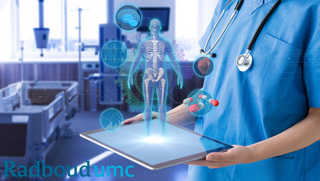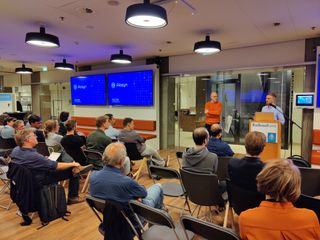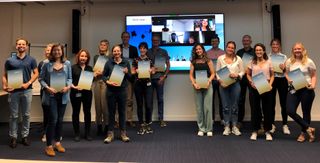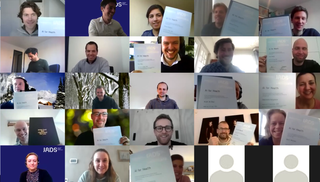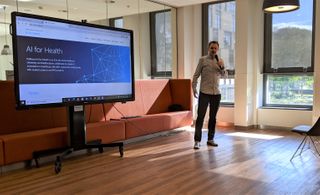Final presentations fifth AI for Health course
Friday, January 12th, 2024, the fifth AI for Health course concluded with a meeting where all participants presented their AI projects' results. 25 Radboudumc employees and external health professionals from different backgrounds followed the fifth edition of the course. Radboudumc organizes the in-depth 16-day course teach healthcare professionals about the …
